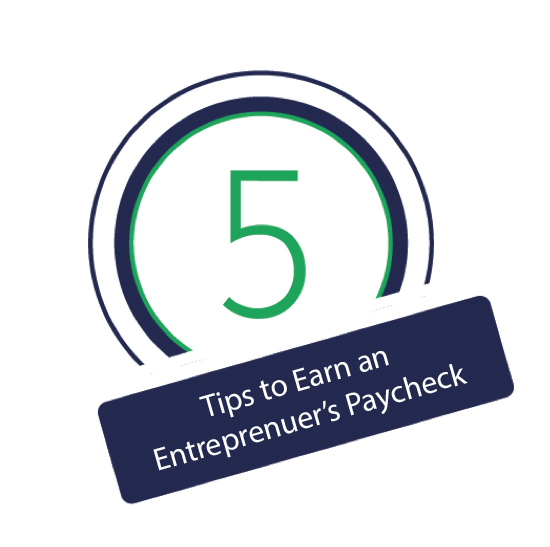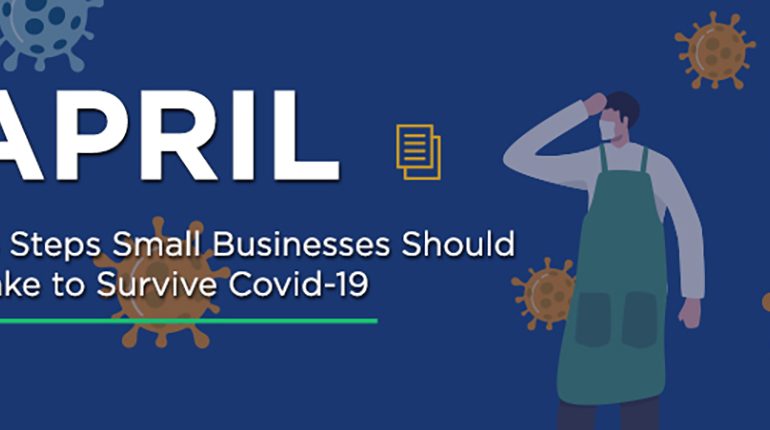How to Lessen the Chances of an Audit
As most know, President Joe Biden recently signed the Inflation Reduction Act into law. In doing so, he authorized $80 billion in funding for the Internal Revenue Service over the next 10 years. The law calls for the funding of 87,000 new IRS agents. Part of this is to replenish an aging, shrinking workforce and revitalize the agency to be able to process more returns on time and provide better overall service. However, $45 billion is specifically earmarked for enforcement to close the estimated $600 billion “tax gap”, or the difference between what Americans owe and what they actually pay. Part of this effort is to include more audits.
While all agree that the absolute number of audits will rise, administration officials have intimated that the share of people being audited will likely be the same for households earning less than $400,000 per year. Although some question the veracity of this threshold, one thing is certain – that many individuals and small business owners with closely held businesses that generate more than this amount in annual revenue will face a higher likelihood of an audit than in years past.
As a result, you will want to protect yourself as best as possible. While nothing is guaranteed, there are some practical steps you can take to lessen your exposure to an audit. Most important is avoiding the types of common mistakes that are most often flagged by IRS computers:
These include:
- Filing and/or paying late
- Leaving questions blank
- Not reporting all income reported to the IRS by others
- Showing nonpassive involvement when you are a passive investor
- Reporting under incorrect Tax ID numbers
- Numbers in your return conflicting with documents submitted by others
- Materially overstating charitable donations and automobile expenses
- Reporting a side business loss too many years in a row
- Reporting unusually large deductions (such as business expenses) as compared with prior years
- Not being specific about deductions
- Claiming losses from a business activity that the IRS views as a hobby
- Using the same annual figures repeatedly
- Using all perfectly round numbers
Finally, always use a good professional CPA to help you with your tax preparation and answer any questions you may have about federal or state tax issues. At Brock CPA, we nourish long-term, consultative client relationships, so that we have a full, accurate understanding of our clients’ businesses at all times, and can step in to assist at any time. If you find yourself the subject of an audit, we can assist with our tax resolution services which include tax problem resolution for businesses and individuals, and representation before the IRS and state tax authorities. Contact us at (904) 330-0268 or dbrock@brockcpa.com for assistance.



